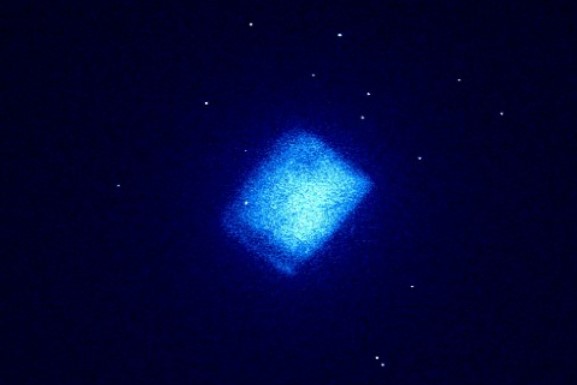Never charge your devices AGAIN as UK scientists create battery that lasts 5,700 years using diamonds
Scientists have developed a radiation-powered diamond battery that can produce electricity for 5,700 years.
According to researchers at the UK Atomic Energy Authority (UKAEA) and the University of Bristol, the innovative energy source will eliminate the need for batteries in certain devices.
Carbon-14, a radioactive isotope found inside the diamond, has the ability to produce electricity as it decays.
A diamond structure, the hardest substance on Earth, binds the energy released by the isotope’s decaying decay in the form of radiation.
Carbon-14 may produce modest quantities of power for 5,700 years, which is its half-life.
The battery functions similarly to solar panels, but it employs fast-moving electrons from radioactive decay to generate electricity instead of sunlight.
READ MORE ON BATTERIES
Director of Tritium Fuel Cycle at UKAEA Sarah Clark stated, “Diamond batteries provide a safe, sustainable way to provide continuous microwatt levels of power.”
“They are an emerging technology that use a manufactured diamond to safely encase small amounts of carbon-14.”
The uses for this new technology are a little more sophisticated, but it would be nice to never have to charge your laptop or phone again.
The mega-battery might power medical implants, security equipment, and space technology, according to Tom Scott, a professor of materials at the University of Bristol.
In harsh settings like space, where it is impractical to replenish traditional batteries, diamond batteries will prove helpful.
Costliest iPhone mistake you can make is scarily common I’m shocked more people don’t know as it saves you hundreds
For decades, the batteries might power active radio frequency (RF) tags that track and identify satellites or other spacecraft or cargoes.
According to Scott and his team, bio-compatible diamond batteries can be utilized in pacemakers, hearing aids, and ocular implants.
By doing this, fewer replacements might be required.
“Over the next few years, we’re excited to be able to explore all of these possibilities, working with partners in industry and research,” he said.
Note: Every piece of content is rigorously reviewed by our team of experienced writers and editors to ensure its accuracy. Our writers use credible sources and adhere to strict fact-checking protocols to verify all claims and data before publication. If an error is identified, we promptly correct it and strive for transparency in all updates, feel free to reach out to us via email. We appreciate your trust and support!













